The 23 Most Overrated Classic Rock Bands In History
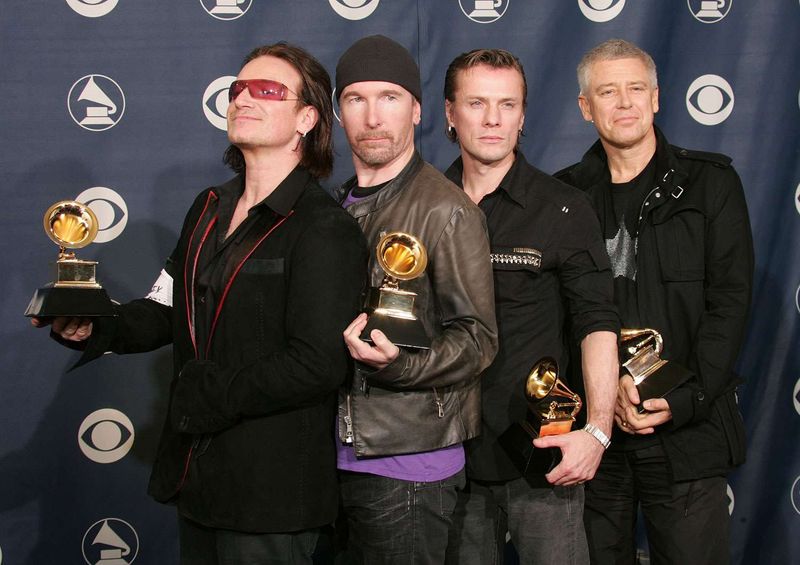
Classic rock shaped generations. It gave us unforgettable guitar riffs, stadium anthems, and legends whose names still echo decades later. But let’s be honest — not every band that got big deserved to stay that big. Time, nostalgia, and radio overplay have turned some solid acts into near-religious experiences. And sometimes, their myth outshines their music.
1. The Doors
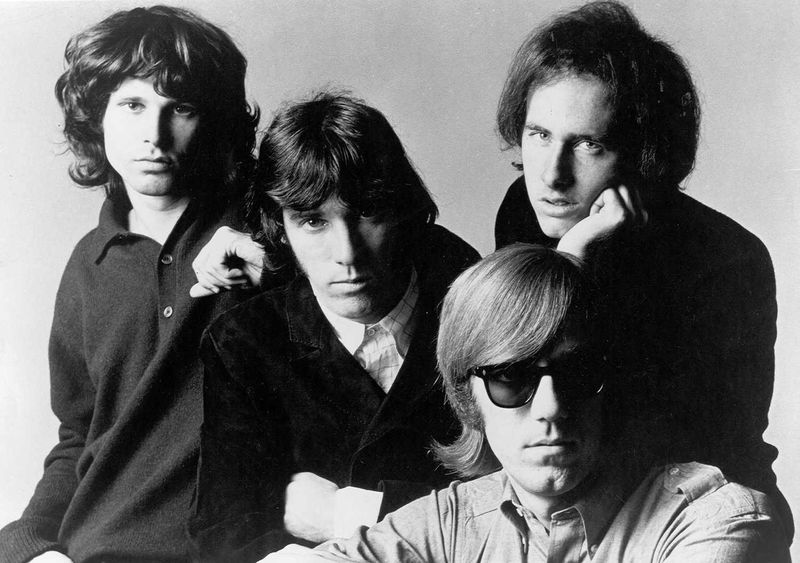
Jim Morrison’s mystique and poetic lyrics created a cult around The Doors, but when you step back, the music itself can feel uneven. Their sound blended blues and psychedelia in ways that were groundbreaking at the time, yet not all of it aged gracefully.
Their catalog has flashes of brilliance — “Riders on the Storm” and “Light My Fire” are undeniable classics. But many deep cuts feel more like half-baked jam sessions than timeless art. The band’s improvisational nature often blurred the line between genius and indulgence.
For all of Morrison’s charisma, the group’s mythology sometimes eclipses its actual skill. They were more about mood and rebellion than musical precision. The Doors didn’t just sell songs — they sold an attitude. And maybe that’s why people still worship them long after the magic faded.
2. KISS
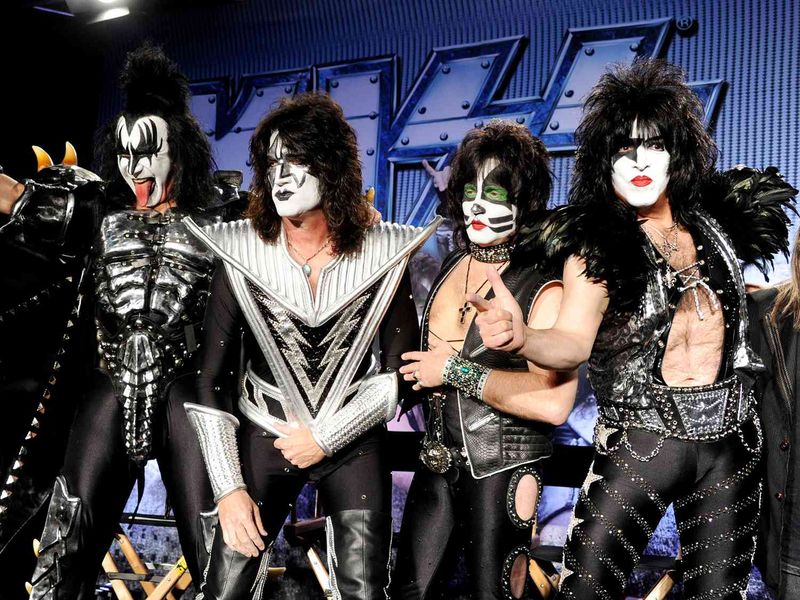
Few bands understood branding like KISS. The face paint, fire-breathing, and theatrical shows turned them into icons of rock spectacle. But for all the pyrotechnics, the music itself was often more gimmick than greatness.
Sure, “Rock and Roll All Nite” is a crowd-pleaser, but strip away the costumes and you’re left with simple, repetitive riffs and party lyrics that barely scratch the surface. They weren’t breaking musical boundaries — they were perfecting rock-and-roll marketing.
Still, there’s something admirable about their showmanship. They gave fans an experience, not just a concert. But when critics call them overrated, it’s not about the makeup — it’s about the fact that KISS was built on image first, melody second.
3. The Eagles
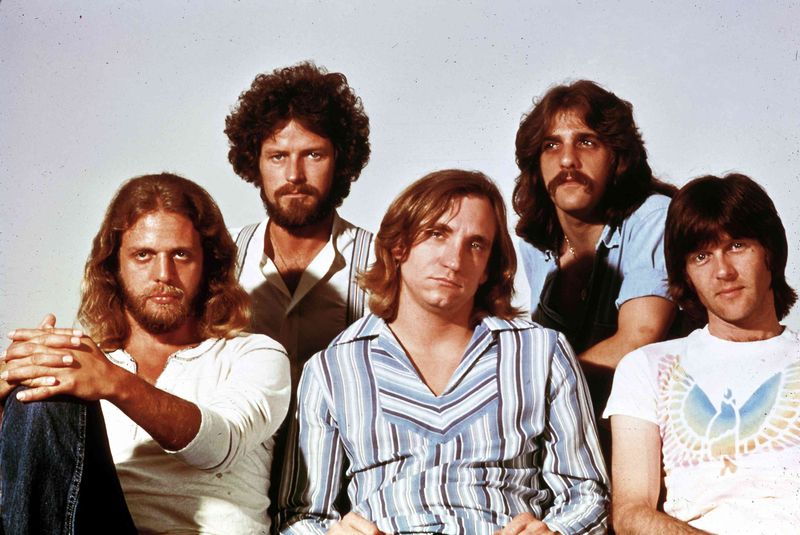
The Eagles defined the smooth California sound of the 1970s — polished, harmonized, and radio-ready. But their perfectionism sometimes made their music feel sterile.
Songs like “Hotel California” and “Take It Easy” are cultural staples, yet overexposure has dulled their impact. Their obsession with technical precision left little room for raw emotion. They made music for long drives, not revolutions.
Their talent isn’t in question, but their vibe often feels detached, even smug. The Eagles mastered the art of accessible rock but lost the danger that made the genre exciting in the first place.
4. Guns N’ Roses
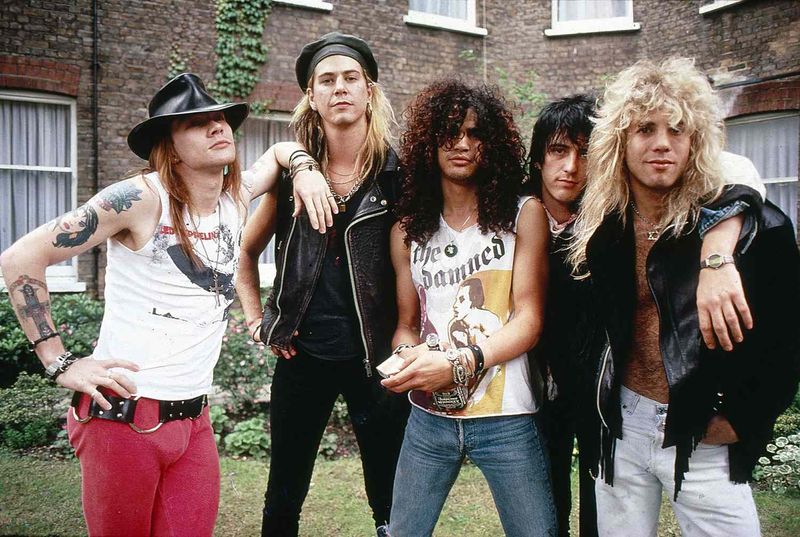
When Appetite for Destruction dropped, it was electric — loud, messy, and alive. But after that explosive debut, the band spent more time imploding than evolving.
Axl Rose’s unpredictability and ego became the stuff of legend, often overshadowing the actual music. By the time Use Your Illusion rolled around, the spark that made them raw and real had morphed into bloated excess.
They’re undeniably iconic, but their small body of work doesn’t justify their towering reputation. Guns N’ Roses burned bright, but not long enough to deserve the pedestal they’re on.
5. Aerosmith
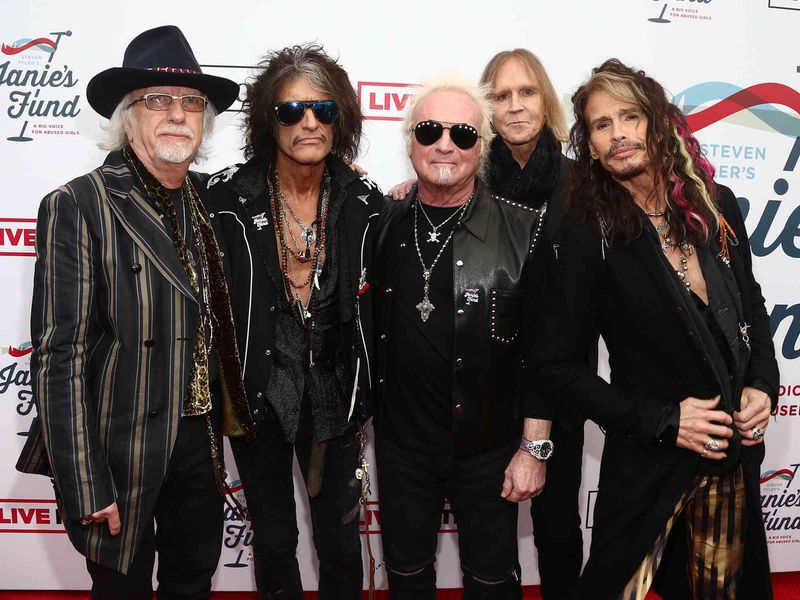
They’re the self-proclaimed “Bad Boys from Boston,” but Aerosmith’s catalog is a rollercoaster of brilliance and mediocrity.
Early tracks like “Dream On” and “Sweet Emotion” helped define arena rock. But by the late ‘80s, the band leaned heavily into commercial ballads that blurred their identity. For every gem, there’s a radio hit that feels built by committee.
Aerosmith’s legacy is undeniable, yet much of their later work sounds more like a brand extension than rock rebellion. They’re living proof that longevity and artistry don’t always go hand in hand.
6. Van Halen

Few guitarists rewrote the rulebook like Eddie Van Halen, but innovation alone doesn’t make a band immune to criticism.
Van Halen had energy, swagger, and skill — yet their lyrics often lacked substance. Many songs felt like vehicles for Eddie’s solos rather than fully realized works.
They were fun, loud, and flashy, but beneath the technical wizardry lies a catalog that’s uneven at best. Van Halen may be iconic, but they were also a product of their time — and it shows.
7. The Rolling Stones
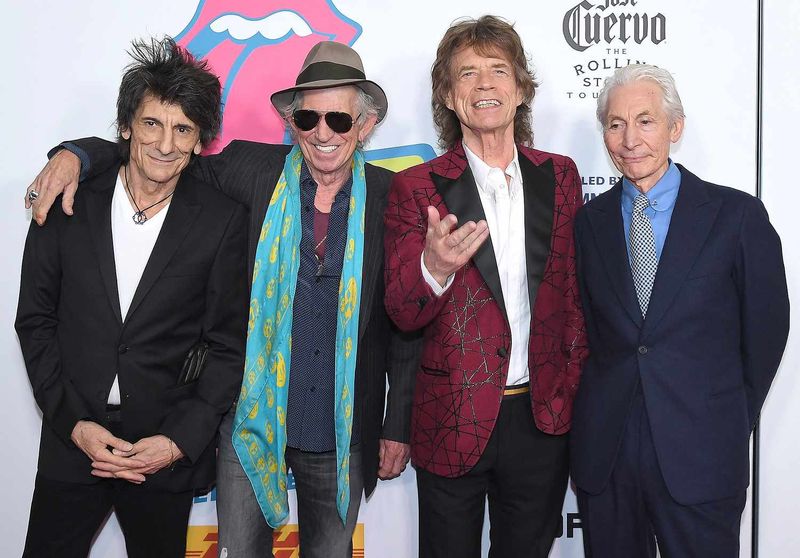
They’ve been called “The Greatest Rock ‘n’ Roll Band in the World,” but even legends can coast.
The Stones started as gritty blues enthusiasts, evolved into cultural icons, and then… kind of stopped evolving. Decades of touring turned them into a brand as much as a band.
They’ve given us masterpieces, sure — but also filler albums and forgettable hits. At some point, their rebellion became routine. The Stones’ myth looms larger than their music ever could.
8. Led Zeppelin
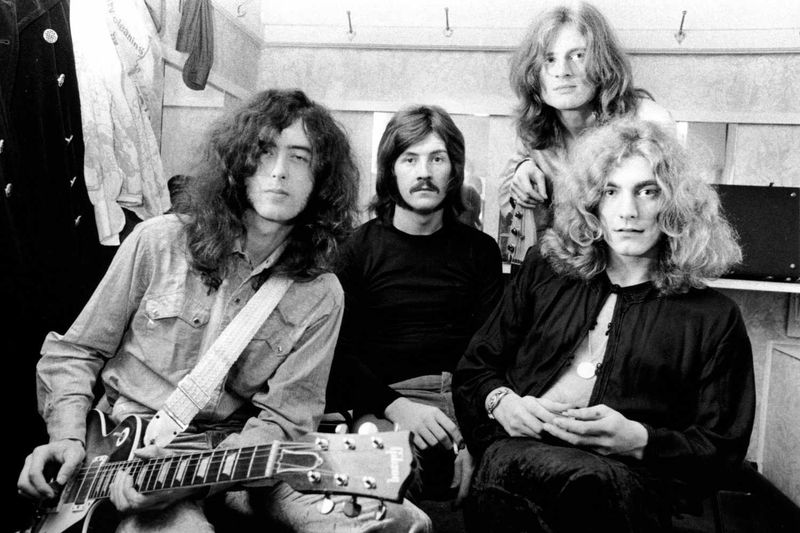
It’s impossible to talk rock without mentioning Zeppelin — and equally impossible to ignore their controversies.
They blended blues, folk, and hard rock into something monumental. But much of their early material borrowed heavily from older blues artists, often without proper credit. For all their power, the originality myth doesn’t fully hold up.
Still, there’s no denying their influence. They were gods of rock excess — sometimes literally. Overrated? Maybe only because they were treated as untouchable.
9. Pink Floyd
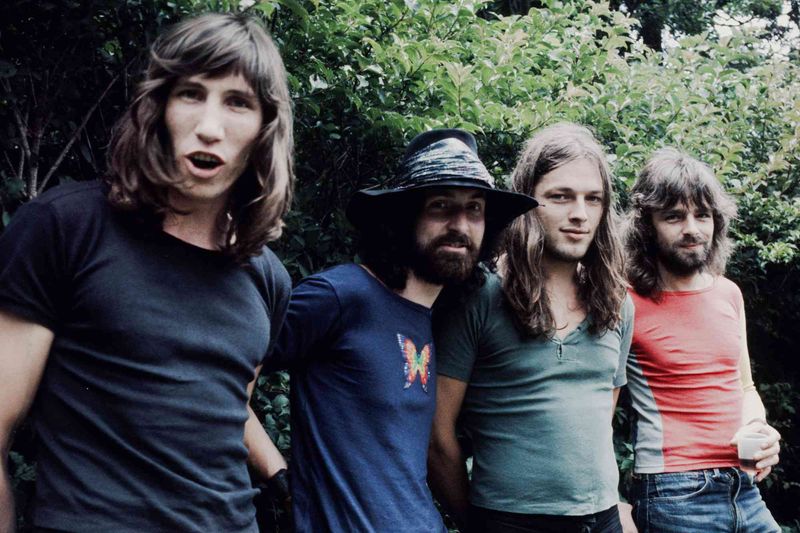
Their psychedelic soundscapes and concept albums changed the face of rock, but they weren’t always as profound as fans claim.
The Dark Side of the Moon and The Wall are masterpieces to some — tedious to others. The line between genius and self-indulgence runs thin when your songs stretch past ten minutes.
Pink Floyd made art, not just music. But sometimes, the message got lost in the atmosphere. Their brilliance was real — just not universal.
10. Queen
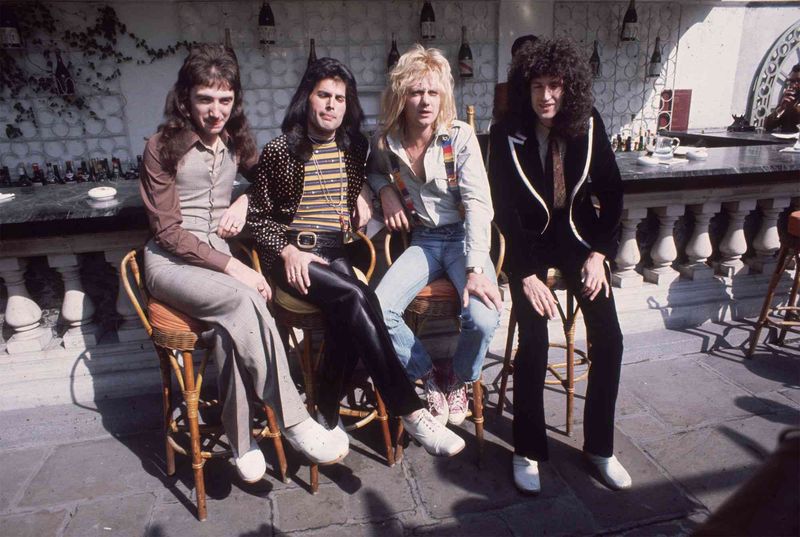
Freddie Mercury’s voice alone could command a stadium, but Queen’s over-the-top flair sometimes outshined the music itself.
They fused opera, glam, and rock in groundbreaking ways, yet their constant genre-hopping made their discography uneven. For every “Bohemian Rhapsody,” there’s a track that feels more novelty than artistry.
They were fearless, theatrical, and larger than life — which is exactly why opinions about them remain just as dramatic.
11. Bon Jovi
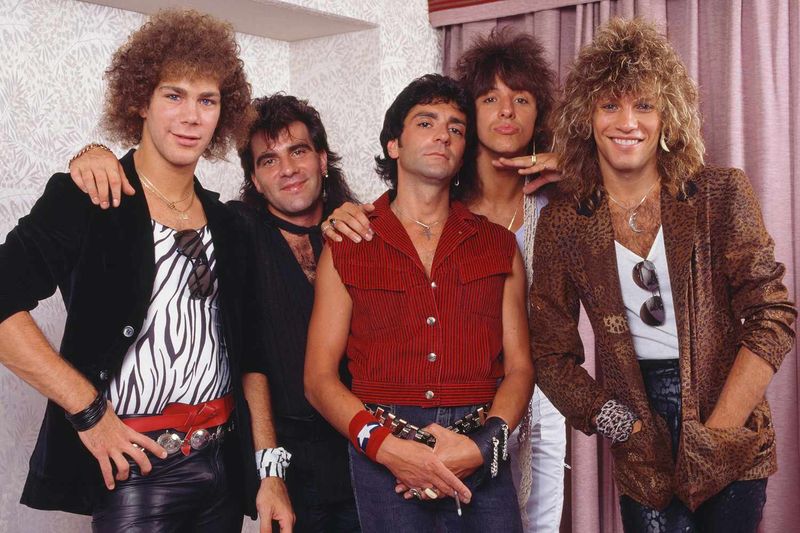
Bon Jovi blurred the line between rock and pop, creating radio hits that defined an era — for better or worse.
Their anthems were catchy, but not groundbreaking. “Livin’ on a Prayer” became a karaoke staple, while much of their catalog sounds interchangeable.
They were more about mainstream appeal than musical innovation. Their legacy is fun and familiar, but depth? Not so much.
12. Journey

Few bands have a song as beloved — or as overplayed — as “Don’t Stop Believin’.”
Journey’s musicianship was solid, but their music leaned heavily on formulas and power ballads. They perfected the art of safe rock, not risky rock.
Their songs are timeless sing-alongs, sure, but they rarely surprised listeners. Journey mastered consistency — maybe too well.
13. U2
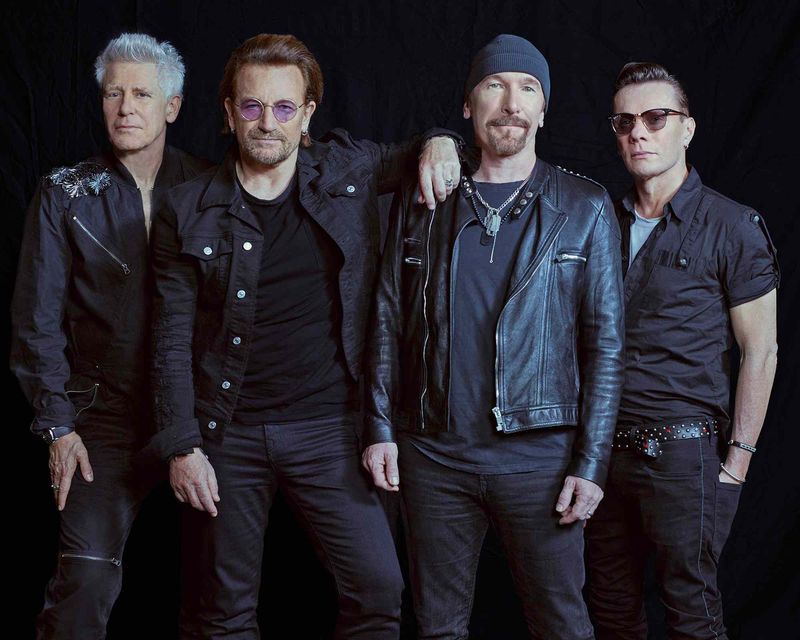
No band mixes activism and ego quite like U2.
They revolutionized the stadium sound, crafting soaring anthems that defined the ‘80s. Yet over time, their self-importance started outweighing their impact. Every album felt like a sermon, not a song.
U2’s influence is undeniable, but so is the sense that they believe their every chord can save the world.
14. Fleetwood Mac
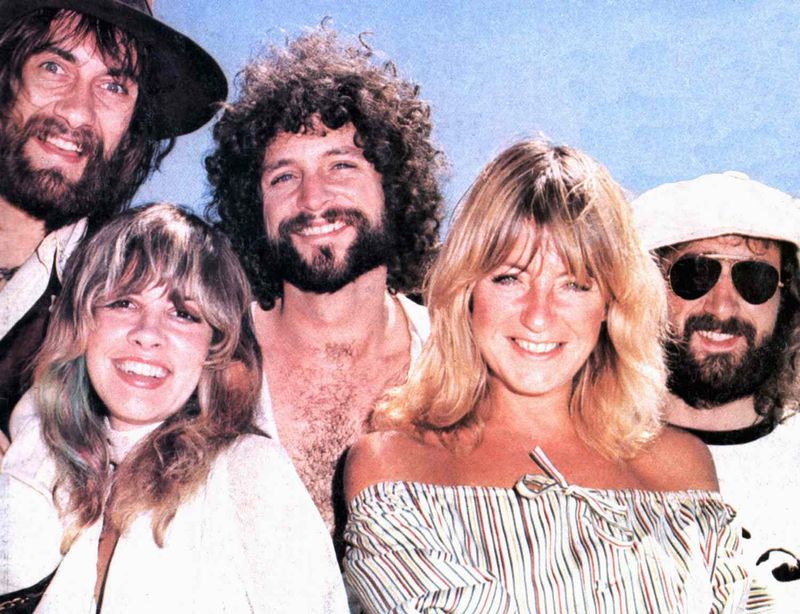
They’re masters of emotional storytelling, but drama often overshadowed their music.
Rumours remains a masterpiece, but subsequent albums struggled to recapture that magic. For every heartfelt hit, there’s a track bogged down by tension and turmoil.
They were a soap opera with guitars — captivating, yes, but inconsistent.
15. The Who
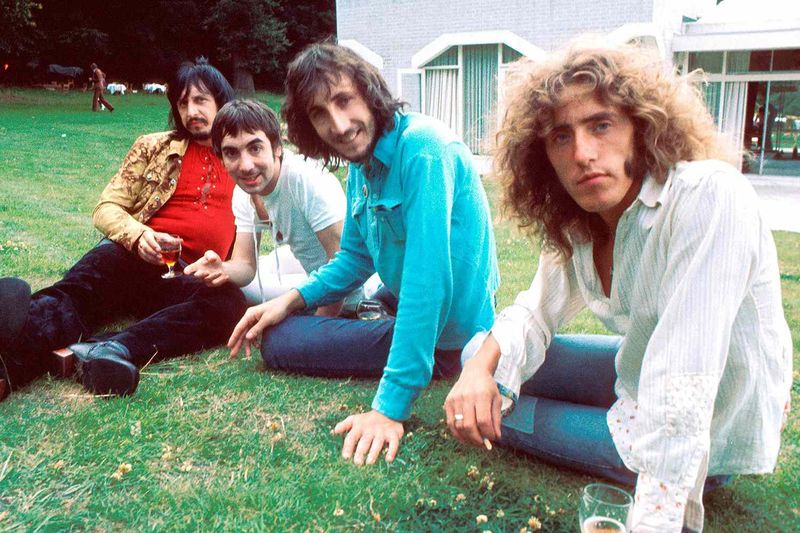
Explosive, rebellious, and… repetitive.
The Who pioneered rock opera and smashed instruments onstage, but not every experiment worked. Their early energy gave way to bloated concept albums that tried too hard to sound profound.
They’re legends, but even legends can overstay their creative welcome.
16. Def Leppard
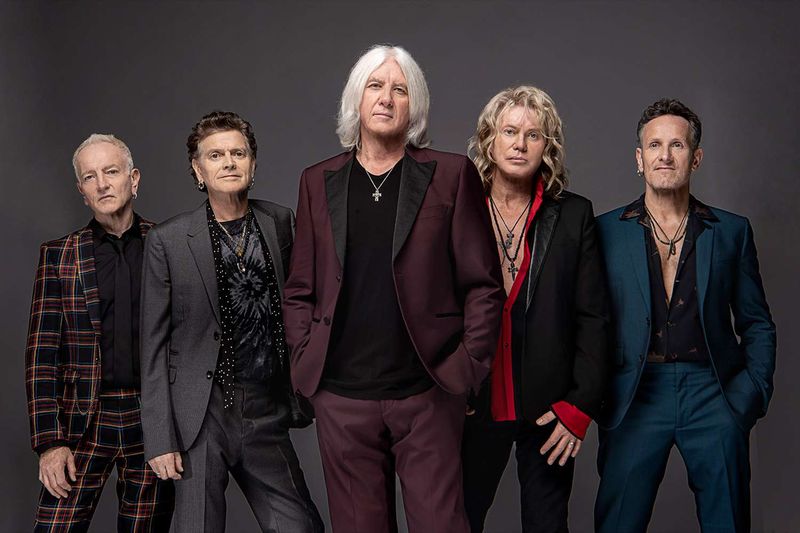
They were the kings of ‘80s stadium rock, complete with power chords and big hair.
Def Leppard knew how to make a hit, but their formula was predictable. Glossy production often masked simple songwriting.
They were rock’s candy — sweet, addictive, but not very nourishing.
17. Boston
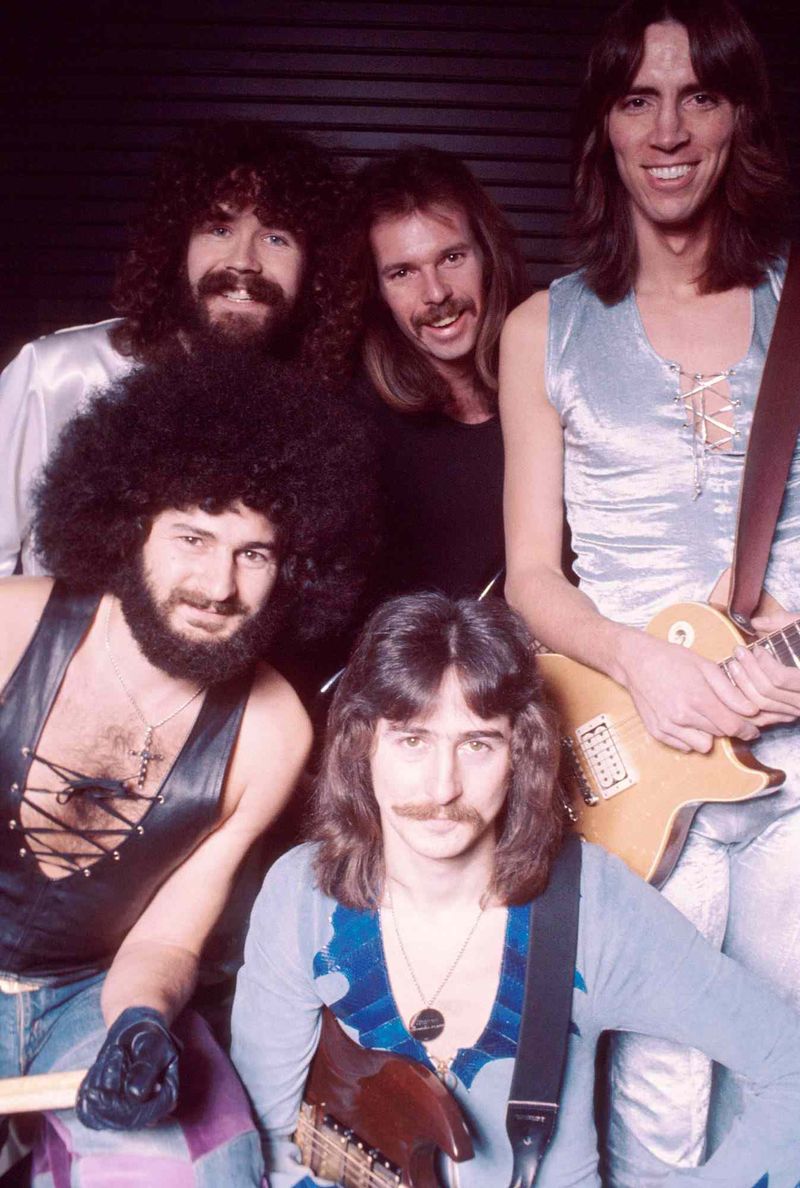
Boston’s debut album was a technical marvel, yet their sound barely changed afterward.
Tom Scholz’s studio perfectionism created soaring harmonies and pristine guitar tones, but the emotion sometimes got lost in the polish.
They were innovators, but not risk-takers. Boston built the perfect rock machine — and then never left the factory.
18. Lynyrd Skynyrd
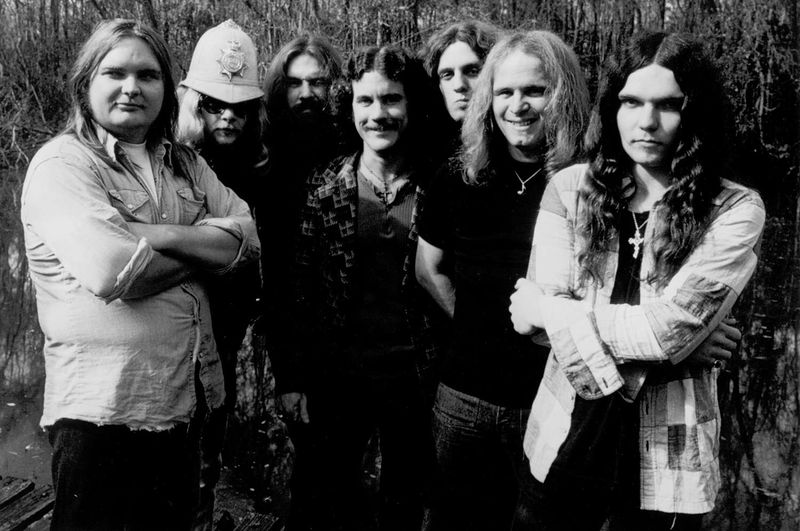
Southern rock’s poster boys built an empire on “Free Bird,” but that one song became both a blessing and a curse.
Their sound was authentic, but not particularly diverse. Most tracks followed the same whiskey-soaked formula.
They captured an attitude, not a revolution. Skynyrd’s legend is larger than their discography deserves.
19. The Police
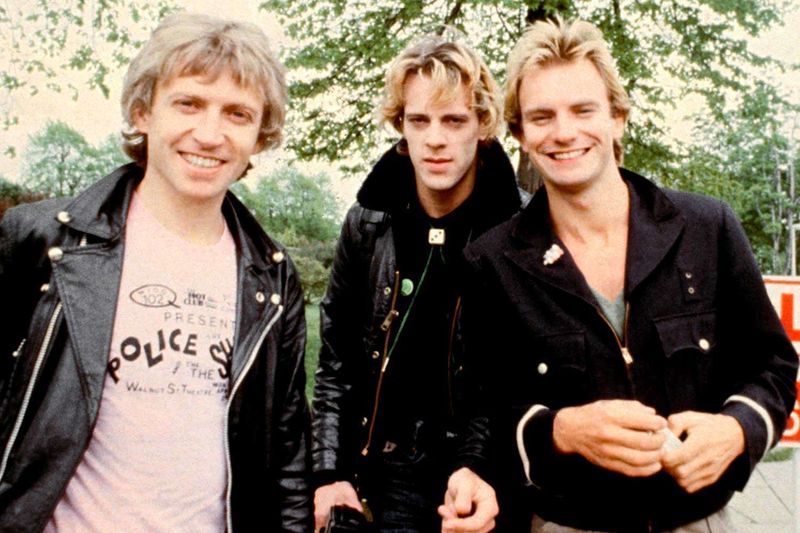
They fused punk, pop, and reggae into something fresh — and occasionally frustrating.
Their musicianship was sharp, but their sound could come off cold and detached. Sting’s intellectual approach sometimes made the music feel more studied than soulful.
Brilliant, yes. Timeless? Not always.
20. Cream
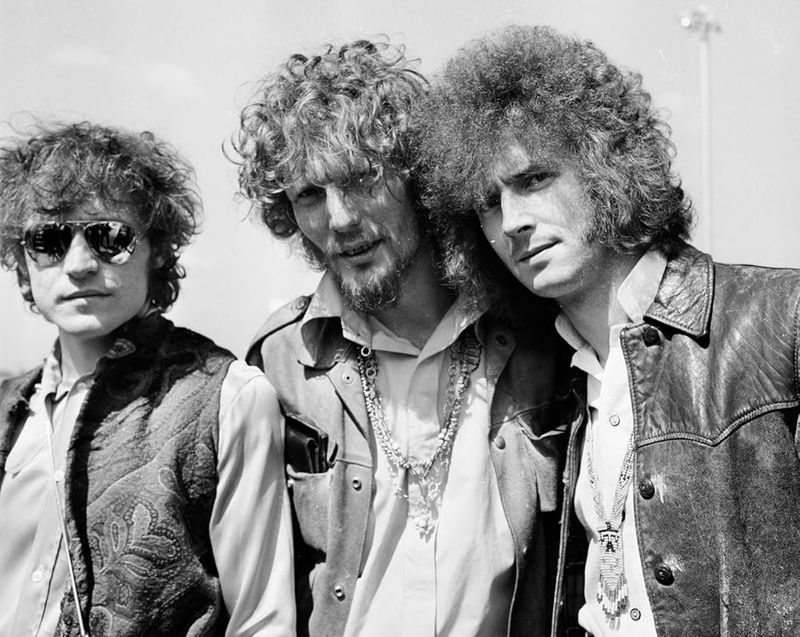
A supergroup that burned bright and fast.
Eric Clapton, Jack Bruce, and Ginger Baker were virtuosos, but their chemistry often spilled into chaos. Extended jams sometimes felt like ego trips more than art.
They were pioneers of the power trio — and proof that too much talent can be its own problem.
21. Metallica

Heavy metal’s giants changed the genre — and then divided it.
Their early albums were groundbreaking, but their later work (Load, St. Anger) alienated core fans. They evolved, but not always gracefully.
Metallica’s place in history is secure, but their consistency isn’t. They’re legends who forgot what made them legendary.
22. Nirvana
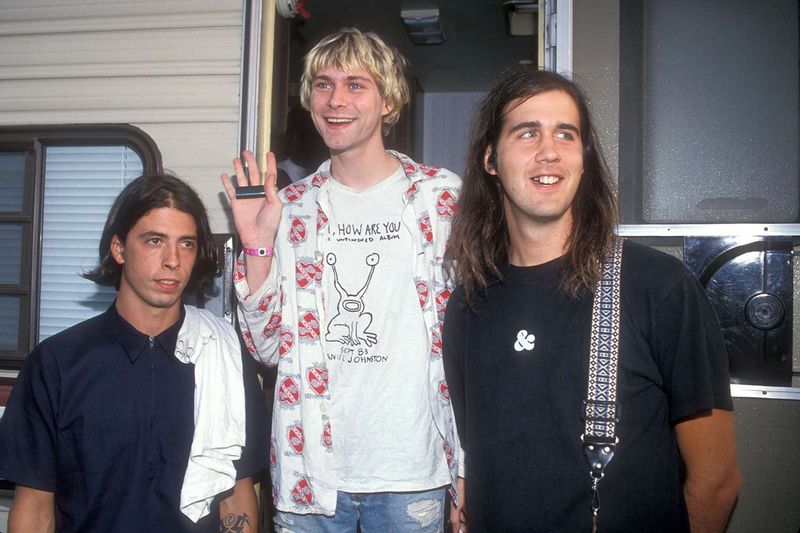
The band that “killed” hair metal became a symbol of grunge rebellion.
Kurt Cobain’s raw emotion and authenticity were undeniable, yet their short career left more myth than music. Three albums can only say so much.
They reshaped the industry, but part of their power lies in what might have been, not what was.
23. Red Hot Chili Peppers
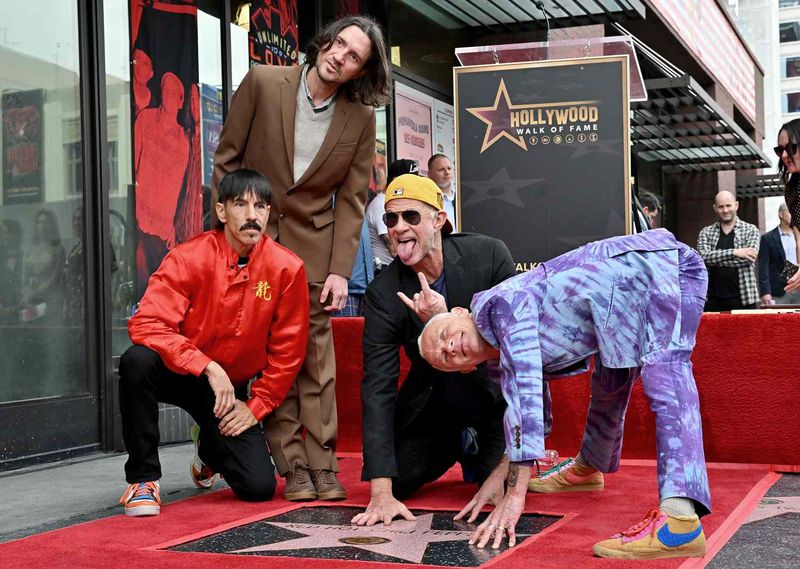
They’ve blended funk, punk, and California cool for decades — sometimes brilliantly, sometimes not.
Their energy is infectious, but their lyrics often read like freestyle experiments gone wrong. Over time, their sound blurred into self-parody.
They’re fun, familiar, and full of life — but not every groove needs a spot in the rock hall of fame.

Comments
Loading…